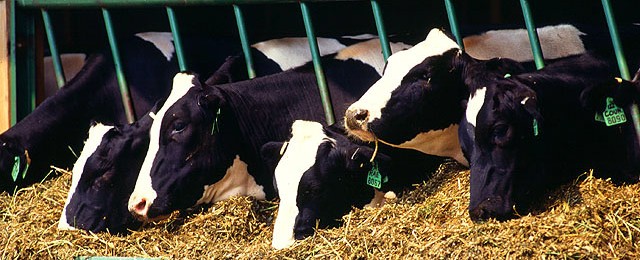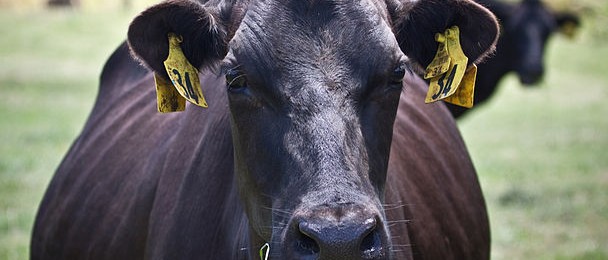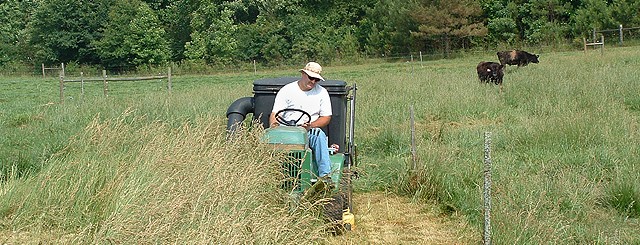Livestock
-

Growing Georgia posted a recent article from an Ohio State University expert discussing the extra nutritional needs of cattle and other livestock in colder weather. While we don’t have as frigid weather as other parts of the US here in the Southeast, it is still good to be reminded of ways to keep our animals…
-

Dairy farmers in New Zealand are facing serious consequences of water shortages that can be traced to the developing El Nino. These water shortages have led to tighter restrictions on water use and have also reduced the availability of cheap energy from hydroelectric dams due to restrictions on how much water can be released. The…
-

Mother Jones reprinted a story from Slate this week on the contribution of burning yak dung to climate change in the Himalayas. Traditionally, Tibetans have burned dried yak dung to keep their houses warm during the long harsh winter. However, the burning fuel creates a lot of indoor air pollution as well emits a lot…
-

AL.com published a story two days ago describing the problems poultry farmers had last winter with poor availability of propane. This is the fuel of choice for many poultry farmers for heating their poultry houses, which are sometimes as long as two football fields in length. This resulted in particularly high costs last year, since…
-

One of the stories that has not been widely reported in the news about the Buffalo snowstorm is the impact on local dairies. AgWeb listed a story from Dairy Today which indicates that a number of dairies in the affected area are dumping milk because the milk trucks were unable to get through the badly…
Posted in: Livestock -

A new resource guide has recently been made available by the Animal Agriculture Climate Change group that co-sponsors this blog. It is entitled “Adapting to a Changing Climate: A Planning Guide.” It is available online by clicking here. This guide provides several steps that extension agents, farmers and ranchers can use to think about how…
-

The results of the 2014 hay contest are in, and show a marked improvement over 2013, when wet weather caused poor forage conditions across the Southeast. Here is a paragraph from the contest summary: “Weather is always a major limiting factor when attempting to produce high quality forage. This year, dry conditions in the later…